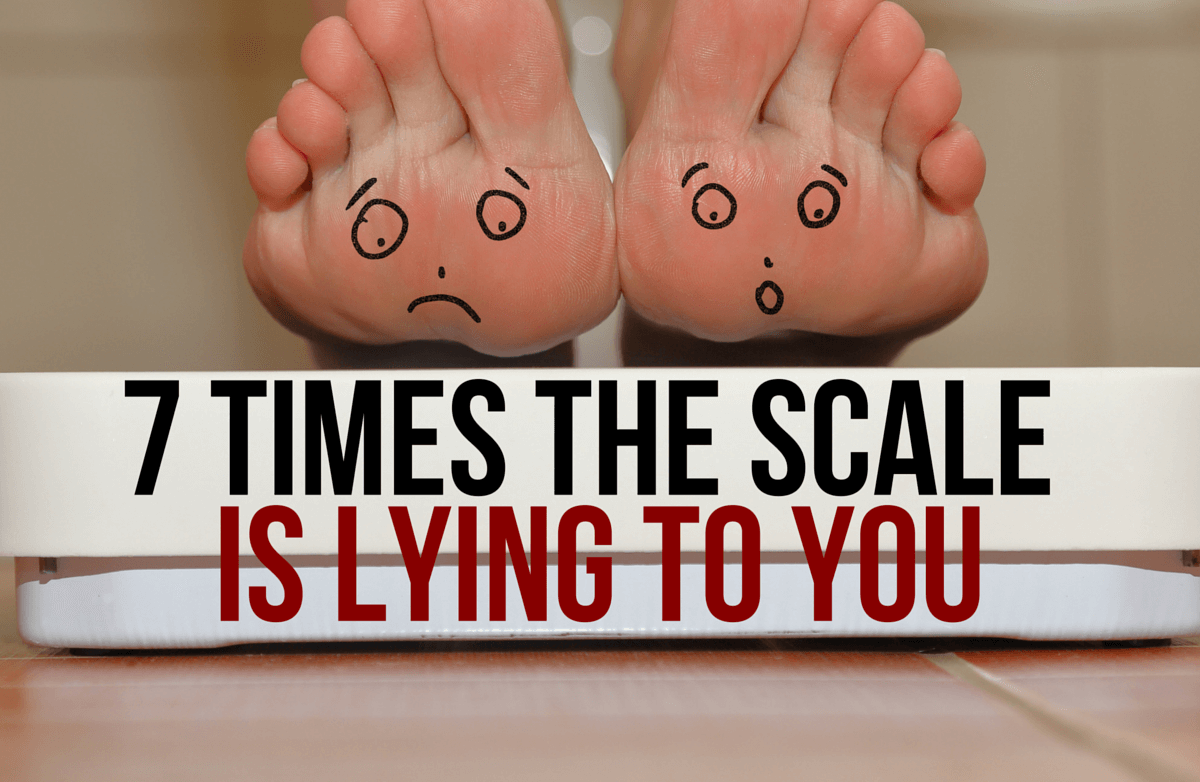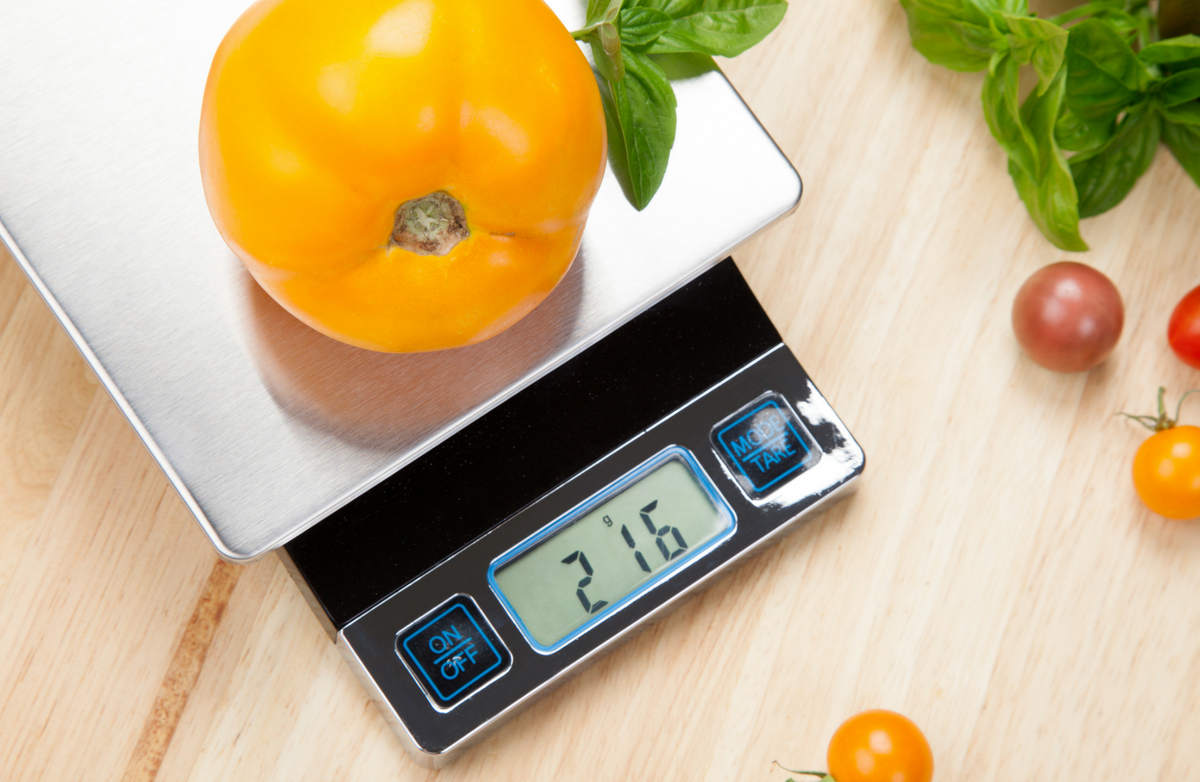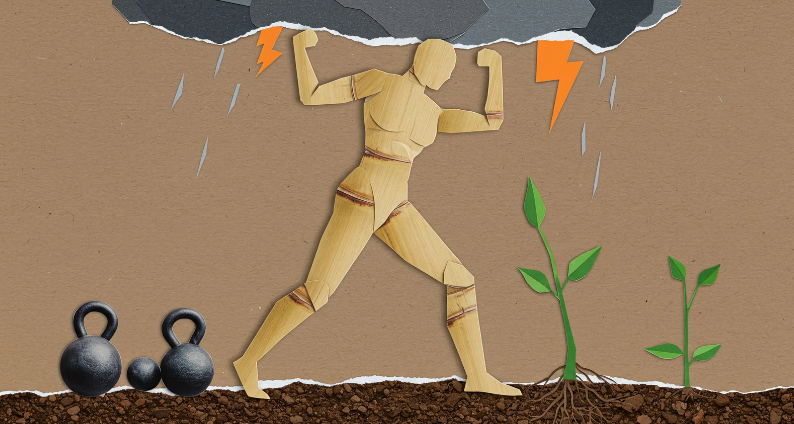If you use a fitness tracker or step counter, chances are you've heard mention of that magical target of 10,000 daily steps. Since the 1960s launch of a Japanese pedometer called the
While studies have shown that those who walk 10,000 steps each day see benefits in terms of blood pressure, body composition and serum lipid levels, and it is seen as comparable to the CDC's recommendation of 150 minutes per week of moderate physical activity, that doesn't mean it has to be your sole benchmark. In fact, some research has shown that those who do more moderate to vigorous activity for shorter amounts of time may see better results.
If you simply don't have the time, mobility or inclination to do what is roughly the equivalent of five miles of running or walking, there are plenty of other daily measures of progress. And hey, if you've already joined the 10K
Stay hydrated.
You know it's important to drink enough water throughout the day, but many times it's difficult to remember to pick up that water bottle. Instead of remembering at the end of the day and guzzling a huge glass, make it a healthy self-competition to ensure you get plenty of H2O throughout the day. Set a daily goal for yourself, and if you reach it, reward yourself with something special at the end of the week.
To know you're fueling your body with enough water, check in with the color of your urine. The goal is to have your urine look like a lemon was squeezed into it—any darker and it's time to drink a little more. Not only does staying properly hydrated lower blood pressure and ease irritability and stress, but drinking plenty of water can help your body digest food and metabolize fat.
Break a sweat daily.
Hitting the gym or going for a run are great ways to take care of your body and your health, but they are not the only ways to be active, notes weight loss therapist Dr. Candice Seti. "The idea is that you want to try and break a sweat at some point every day—in any form or for any duration," she says. "That can mean a full-blown workout routine, or it could mean a bike ride, a one-person dance party in your bedroom or simply running up and down your stairs for a bit. The idea is simply to get that
Show up consistently.
Whatever the chosen activity—strength training, cardio, stretching, balance—health coach Liza Baker says the most important benchmark is perhaps the most obvious one: Do you show up consistently for yourself?
"As a health coach, I find that the easiest way to reach this benchmark is to start where you are: Can you commit to one day? Or two, or three?" says Baker. "Write it down as an appointment, much as you would a meeting at work. Then treat it as a non-negotiable: This is your appointment with and for
Eat produce at every meal.
"Fruits and vegetables are the healthiest things you can put into your body," notes Dr.
They are chock-full of vitamins, minerals, antioxidants and fiber—everything your body needs."
Despite the bevy of benefits, most of us don’t get enough produce in our diets. Dr.
Incorporate muscle-strengthening exercises.
At least two to three days per week, experts recommend adding some strength training exercises to work all major muscle groups, targeting the legs, arms, back, core, chest and shoulders. Rounding out your cardio with some weight work will build more muscle tissue, speed up metabolism and increase bone density.
Prioritize sleep.
Your waking choices make a big impact on your weight and health, but sleep is also essential to any healthy lifestyle. Dr.
"Prioritizing sleep means making sure you are giving yourself enough sleep time and engaging in proper 'sleep hygiene,'" she says. "This means limiting caffeine late in the day; making your room dark, quiet, and cool; minimizing blue light exposure before bed; and making your sleeping space as comfortable as possible."
Although 10,000 steps













